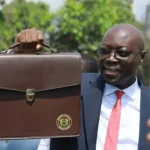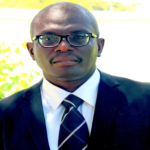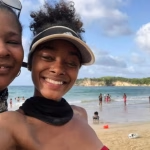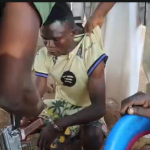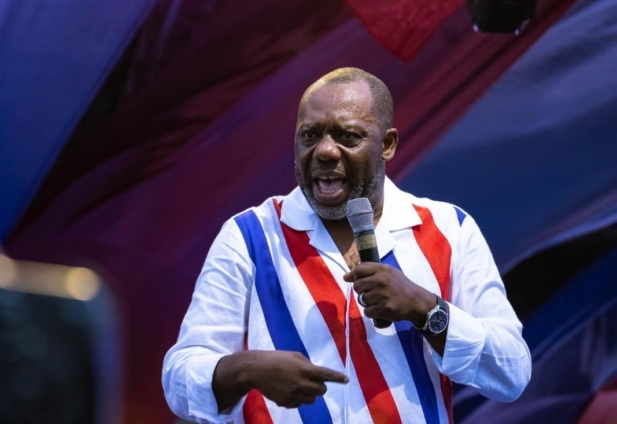The Electoral Commission (EC) will not defy a court decision ordering it to operationalise the Representation of People Amendment Act (ROPAA) to allow Ghanaians abroad to vote in national elections, the commission has said.
An Accra High Court presided over by Justice Anthony Yeboah in 2017 had ruled in favour of some five Ghanaians in the diaspora who sued the commission to compel it [EC] to implement ROPAA so they could vote in national elections.
Addressing a ROPAA consultative meeting in Wa, a Deputy Chairman of the EC and member of the committee, Dr Eric Bossman Asare, said the court ordered the EC to prepare a Constitutional Instrument (C.I) and lay it before Parliament within 12 months to operationalise ROPAA to franchise Ghanaians outside to partake in national polls.
“The commission is complying with the court order, hence the need for broader stakeholder consultations that will lead to the best and effective implementation of (ROPAA),” he said.
“We are complying with the order and our mission here is to seek your opinion and advice on how best to implement ROPAA”.
Dr Asare said the EC could not act within the 12 months ultimatum given by the court because it was faced with the Lower Manya Krobo District election, a referendum on creation of the six new regions and other official duties.
The commission, therefore, applied for extension, he added, and another 12 months was granted to enable the EC to lay a Legislative Instrument before Parliament for the implementation of the ROPAA.
A leading member of the largest opposition party, the National Democratic Congress (NDC) and member of the ROPAA Committee, Dr Benjamin Kunbour, urged participants to give concrete suggestions that would lead to effective implementation of the Act.
He also implored participants to stop protracted arguments and condemnations against one another which would retard progress of discussions and effective implementation of the ROPAA.
He said the 2017 high court ruling did not only franchise the five Ghanaians who sued the EC but extended the voting right to all other Ghanaians living in the diaspora no matter their geographical location.
Mr Abdul Shaqur Saeed, a participant, disagreed and suggested that the EC go back to court and make an appeal to reverse the ruling.
He said allowing Ghanaians outside to vote would cost the country a lot of money that could have been channelled into improving healthcare services and the provision of basic amenities, and urged that the implementation should start in the West African sub-region.
“If they [EC] would start piloting of ROPAA at all, it should start with the neighbouring African countries such as Burkina Faso, Mali and Togo before extending it to the European countries,” Mr Shaqur said.
He expressed fear that officials in the diplomatic missions abroad would give “the incumbent government undue advantage” since most of them were appointed by the ruling government.
Source: GNA






